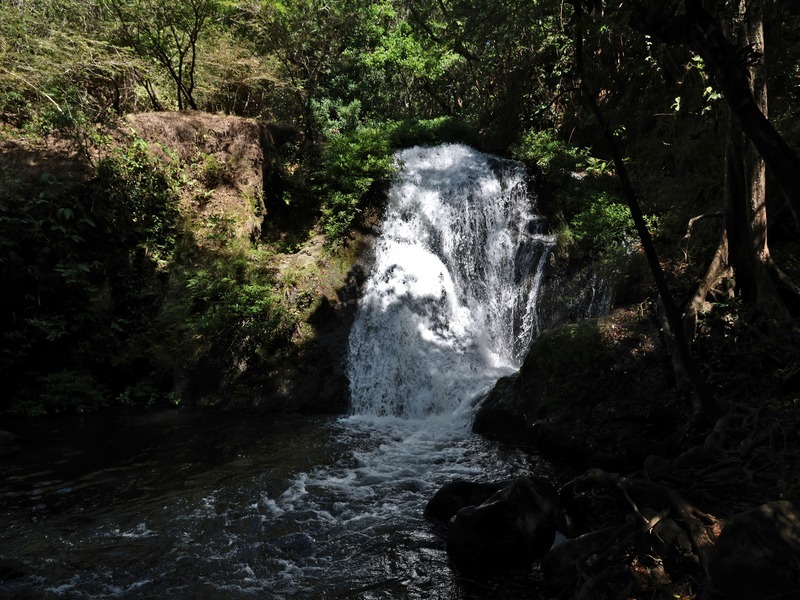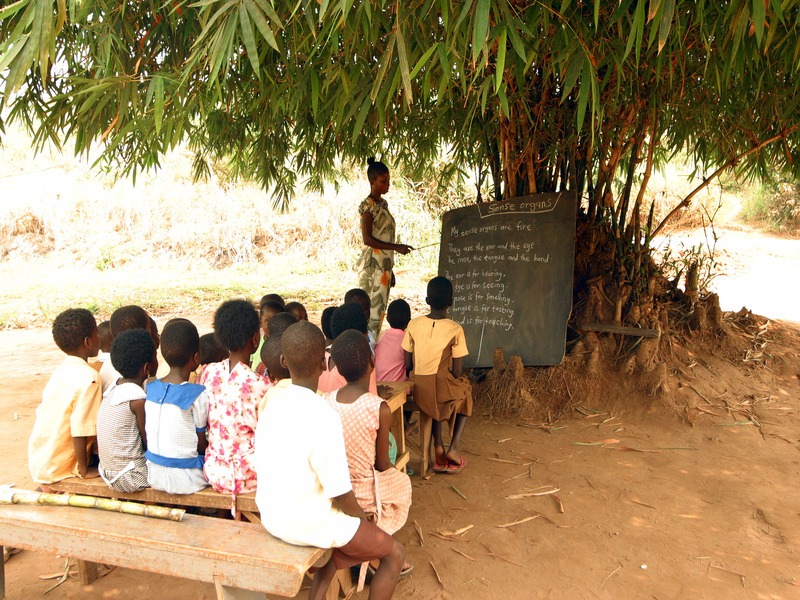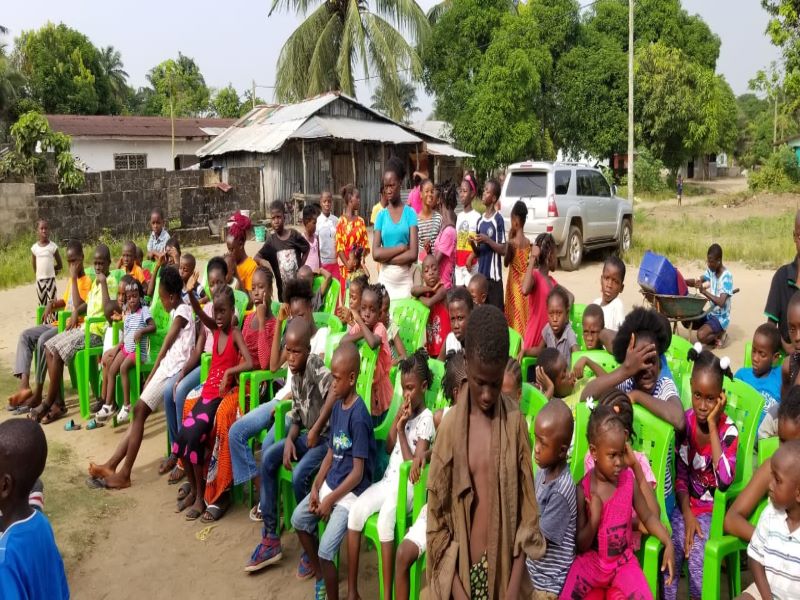Liberia has abundant water resources, but close to 90% of its population has limited access to safe drinking water.


The challenge
Abundant in rivers, rainforests, mangroves, and swamps, Liberia is one of the wettest countries in the world. But it lacks the infrastructure and services to reach everyone with safe drinking water.
Sanitation is very poor, with the vast majority of people in rural areas lacking decent toilets and latrines, and having to defecate in the open instead. According to the Joint Monitoring Programme (JMP 2017), 42 percent of Liberia’s population practices open defecation. Liberia’s high rates of diarrheal diseases and childhood malnutrition, as well as frequent outbreaks of cholera, show how young children suffer when they don’t have access to the basics of life.
Hygiene &
Healthcare
Water, sanitation, and hygiene (WASH) are at the heart of child well-being and are essential for children’s and their family’s health. We work on bringing clean water, sanitation, and effective hygiene practices to communities, schools, and healthcare facilities. Safe, private toilets and handwashing facilities with soap keep children and families free from disease. WASH services at school mean that children can stay healthy and focused on learning. The lack of WASH facilities in schools spreads disease and results in missed days of learning.

Abundant in rivers, rainforests, mangroves, and swamps, Liberia is one of the wettest countries in the world. Yet, a large proportion of the population does not have access to clean drinking water.

Over 800,000 people die each year from diseases caused by unclean water, inadequate sanitation, and poor hygiene habits. The majority of these are children in developing countries. According to the World Health Organization, waterborne disease such as diarrhoeal is the second leading cause of death in children under five years old, and it is responsible for killing around 525 children every year.
Clean Water
Your gift for clean water can provide tanks, filters, latrines, hygiene training, and other essential measures to protect water sources and prevent the spread of waterborne diseases as we seek to meet the physical and spiritual needs in the Name of Jesus.